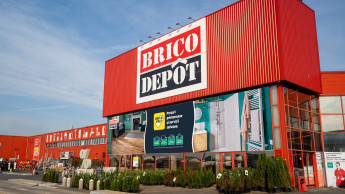It wasn’t long ago that retail businesses viewed sustainability and ethical sourcing as noble but expensive goals that could potentially inflate operational costs and hurt a company’s profitability. That thinking has rapidly changed as consumer awareness and demand for sustainable products has grown. Studies and surveys consistently show that a significant portion of consumers are willing to pay more for products that are sustainably sourced and produced.
This shift in consumer behavior, coupled with significant tightening global regulations aimed at ensuring ethical supply chains, has driven retailers to accelerate their investment in ESG initiatives and finally retire the outdated perception of sustainability as cost-prohibitive. The business rationale for responsible sourcing is now better understood: From improving efficiency and risk management to building customer loyalty, ethical supply chains are now directly linked to long-term growth, stability, and profitability. Ethical supply chains enhance brand reputation, which has become increasingly important in differentiating brands in consumers’ minds. Leading companies have recognised that this can translate into increased market share and lower the costs of customer acquisition and marketing, while opening doors to new customer segments that value corporate responsibility.
Beyond the business incentives to invest in ethical supply chains, legal mandates are also driving the shift toward more responsible sourcing, as governments across the globe rapidly introduce tighter new due diligence legislation. By implementing responsible sourcing practices early, companies can significantly mitigate the risk of future legal penalties, fines, or sanctions that result from violations of labor laws, environmental regulations, or other compliance mandates. These same practices also help build more durable, adaptable supply chains, since responsible sourcing necessitates greater transparency and traceability, which is also integral for stronger supply chain resiliency. This increased visibility allows for better monitoring and management of potential risks and quicker responses to disruptions when they occur.
Thanks to multi-enterprise supply chain platforms, investing in ethical supply chain and efficient supply chains are no longer mutually exclusive, since the very practices that enforce ethical standards also introduce cost-saving efficiencies by eliminating multiple errors and redundancies and dramatically…

 Menü
Menü













 Newsletter
Newsletter